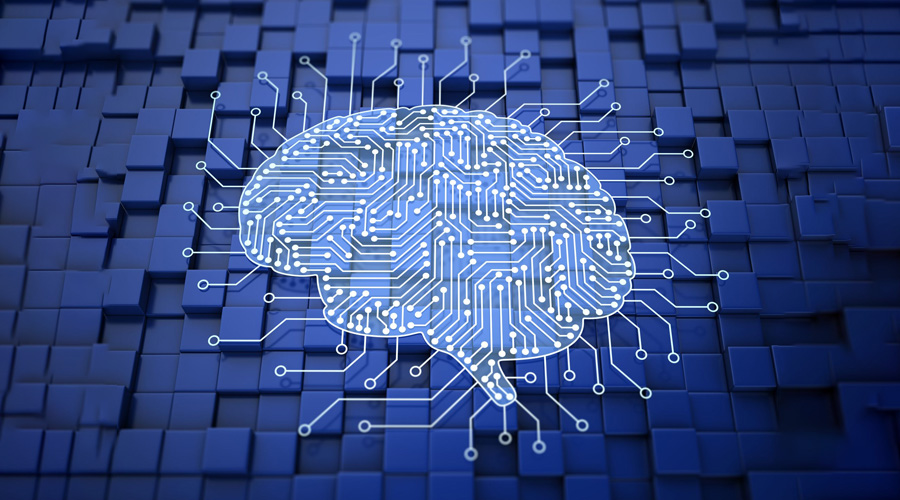Artificial intelligence can assist teachers in several ways to improve students’ results
Many teachers, academics, and education administrators are curious about how artificial intelligence (AI) may be used in Pre K-12 and higher education. They want to know how they can utilize artificial intelligence (AI) to boost student outcomes in particular. Artificial intelligence (AI) can boost student performance in a variety of ways.
- New technology and gadgets will be able to record and track speech, visual, and biological data as they grow more complex and sophisticated. Artificial intelligence (AI)will subsequently be able to judge complicated abilities using these technologies. Artificial intelligence (AI) will be able to track eye contact during group talks, for example. What impact does this have on educators? It enables them to assess their students’ comprehension and attention.
- AI in education can identify the most successful educational tactics, approaches, methodologies, and applications, as well as the applications and learning settings that will be required for the future generation.
- AI in education can help instructors identify the most effective pedagogical and classroom management approaches for each student by assisting with substantial data collecting and analytics chores.
- With deep learning, AI in education can condense content and information to support curriculum delivery. Learning analytics and big data may be used to detect changes in confidence and motivation levels in individual students, allowing Artificial Intelligence (AI) to give just-in-time evaluation. This helps teachers to provide timely assistance to children who are struggling.
- By evaluating how a learner arrived at an answer, AI in education can build tools to measure a student’s degree of comprehension. This provides instructors with useful information about a student’s mental process, which can be utilized to create tailored learning strategies. As a result, students will be able to follow a dual-purpose educational route. It enables students to acquire topics and skills that they are interested in while also assisting them in reaching their maximum academic potential.
- AI in education may be used to develop systems that allow teachers to track students’ success in their classrooms on an individual basis. This includes metrics that have been difficult for educators to evaluate in the past, such as creativity, innovativeness, and leadership.
- When students need help mastering a learning experience, artificial intelligence (AI)may give them a personal tutor.
- Artificial intelligence in education may be utilized to provide engaging learning experiences such as gamified learning, project-based learning, and so on.
- The failure to offer constant feedback is one of the most significant difficulties in teaching kids with learning disabilities. It might be difficult to slow down in a big classroom to assist a small group of kids. With the rapid advancement of artificial intelligence in education, students will be able to obtain more trustworthy feedback directly connected to their performance. Students will not be able to go on until they have demonstrated mastery of the subject, and they will be able to study at their speed if necessary.
- There is no such thing as a one-size-fits-all strategy to teaching a lesson, as qualified educators have long recognized. It’s virtually difficult to accommodate every potential learning type while maintaining the ideal speed in each class. Fast learners must remain engaged, while slow learners must not fall behind. The ideal speed is becoming increasingly difficult as the number of students grows. Artificial intelligence in education can now assist in determining the ideal speed for each learner.
- While artificial intelligence (AI) and education may appear to be future concepts, they are now part of our daily lives and educational institutions. We can make the lives of both students and instructors simpler with artificial education. Artificial education allows every student to obtain a high-quality education while also personalizing learning.



